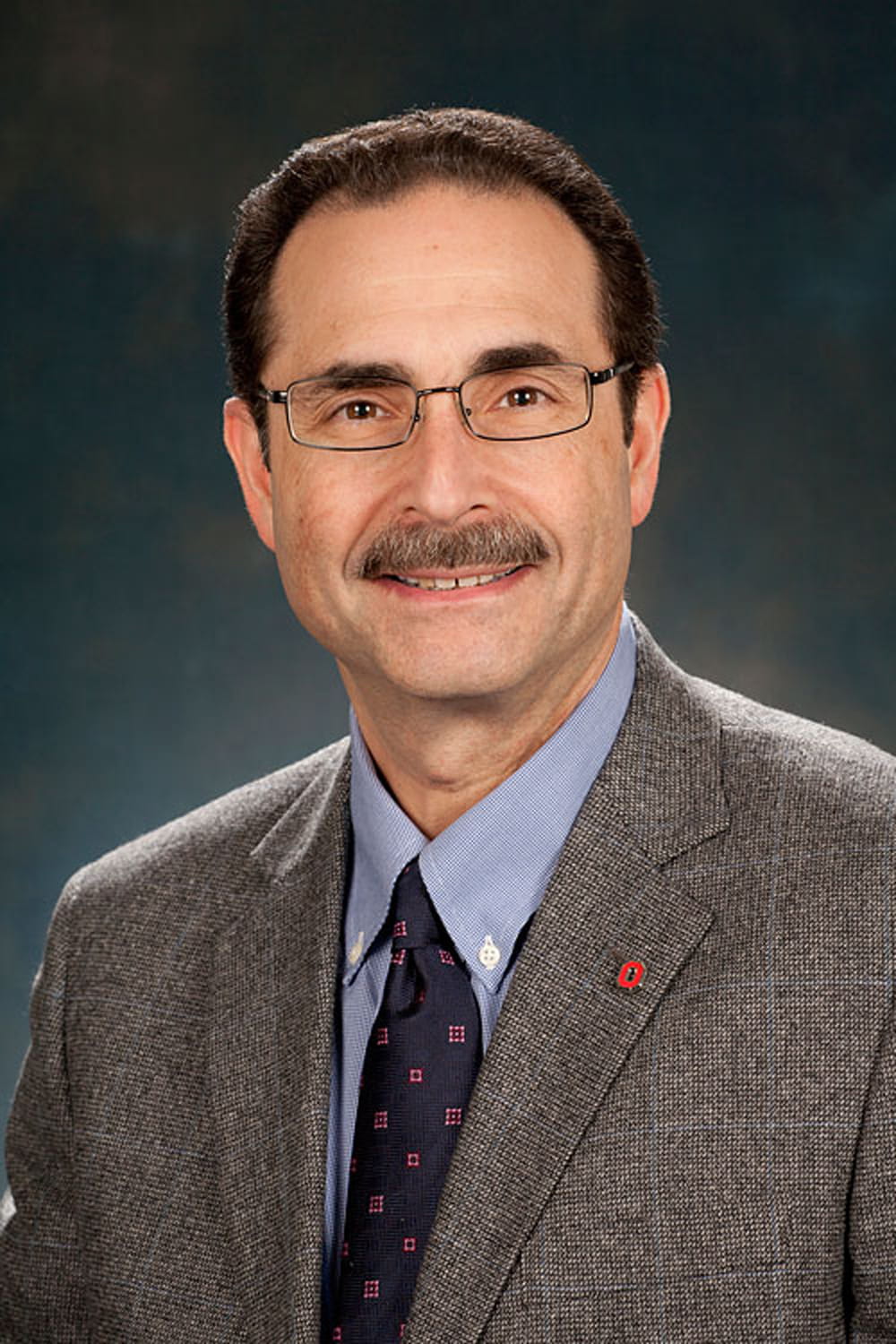September 5, 2012
 COLUMBUS, Ohio – Infectious disease researchers from The Ohio State University College of Medicine are recipients of a new five-year, $1.7 million award from the United States Department of Health and Human Services’ National Institute of Allergy and Infectious Diseases of the National Institutes of Health. The funding will support research of tuberculosis, an infectious disease which poses a tremendous threat to public health, affecting 2 billion people worldwide and killing millions annually.
COLUMBUS, Ohio – Infectious disease researchers from The Ohio State University College of Medicine are recipients of a new five-year, $1.7 million award from the United States Department of Health and Human Services’ National Institute of Allergy and Infectious Diseases of the National Institutes of Health. The funding will support research of tuberculosis, an infectious disease which poses a tremendous threat to public health, affecting 2 billion people worldwide and killing millions annually.
Tuberculosis is caused by human to human airborne transmission of Mycobacterium tuberculosis (M.tb), a bacterium adapted for life within the resident immune cell of the lung – the alveolar macrophage (AM). The inflammatory mechanisms of the AM are highly regulated to avoid damage to the delicate lung environment, and as a result, the killing ability of the AM is weakened when encountering the host-adapted M.tb.
Dr. Larry Schlesinger, chair of Ohio State College of Medicine’s Department of Microbial Infection and Immunity, and team will capitalize on a recently published fundamental discovery regarding a key regulator of lung macrophage biology, Peroxisome Proliferator-Activated Receptor Gamma (PPAR-γ), whose activity is enhanced by surfactant, a surface-active agent which forms a monomolecular layer over pulmonary alveolar surfaces. Alveolar macrophages are bathed in surfactant.
“Understanding the detailed signaling pathways and biology that dictates AM development in the lung holds the key to new treatment and vaccine strategies,” said Schlesinger, who also serves as founding director of Ohio State’s Center for Microbial Interface Biology.
According to researchers, understanding how M.tb and different components of surfactant regulate PPAR-γ and its downstream immune-related functions will help decipher the molecular mechanisms underlying AM activation in response to M.tb and other intracellular pathogens. Therefore, results from this important research may identify PPAR-γ as a potential target for novel host-directed therapies for tuberculosis.
###
